Sergey Aleksashenko: ‘Swiss neutrality will not be of any help’
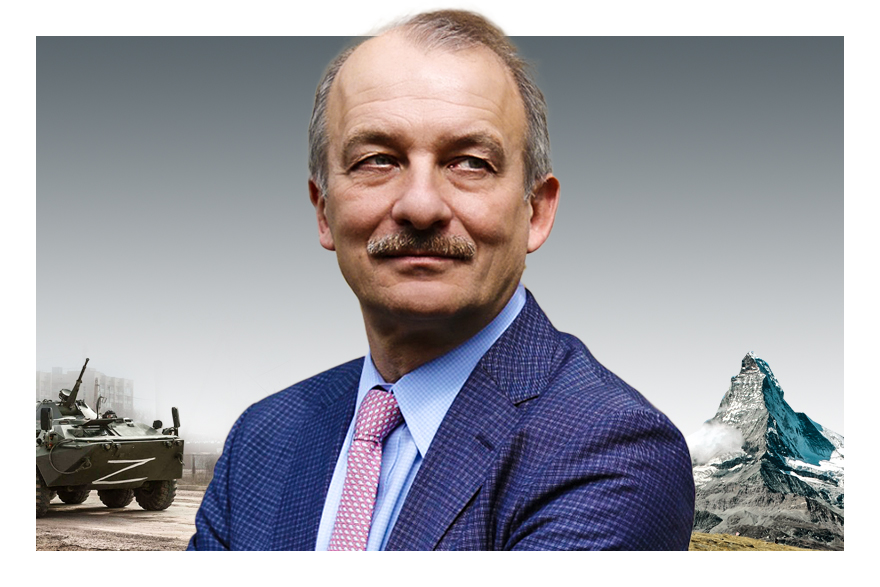
How effective are western sanctions against Russia? What role does Switzerland play in the war against Ukraine? We put these questions to President Vladimir Putin’s harshest critics. Our series continues with Russia's former deputy finance minister Sergey Aleksashenko.
Switzerland plays an important role as a traditional safe haven for Russian assets and a trading hub for Russian commodities. It must not hide behind its neutrality but should actively help to ensure that the Russian war regime runs out of resources. That is the consensus among all the opinion leaders in the Russian opposition to whom SWI swissinfo.ch spoke.
For this interview series, we contacted the most relevant voices currently speaking up against the Kremlin. Most of them had to leave the country because of their vocal opposition. Putin opponent and former chess champion Garry Kasparov now lives in Croatia; entrepreneur Leonid Nevzlin fled to Israel; economist Sergei Guriev moved to France; and economist Sergey Aleksashenko lives in Washington. Opposition politician Vladimir Kara-Murza has been in Russian custody since April.
From 1993 to 1995, Sergey AleksashenkoExternal link was Russia’s deputy finance minister. He then served as deputy head of the Russian Central Bank until 1998. Over time he came increasingly into conflict with the Kremlin. In 2013, he left Russia and moved to Washington citing concerns for his personal safety. From there, he has supported opponents of the regime. He also paid part of the cost of treating Alexei Navalny after he was poisoned.
SWI: Mr Aleksashenko, Switzerland has adopted the EU sanctions. Is that enough?
S.A.: No. Switzerland is a country where many commodity traders are based, and Brussels is not sufficiently familiar with the specifics of their activities. For sanctions to be more effective, Switzerland must take additional measures against such companies, as well as against private banks.
SWI: What else do you criticise about Switzerland for?
S.A.: Switzerland has refused to provide medical aid to wounded Ukrainian soldiers because it feared that they would return to the battlefield afterwards. But where there’s a will, there’s a way: if Switzerland wants to act out of humanitarianism, it could, for example, provide medical aid to the most seriously wounded soldiers who take a long time to recover and keep them in the country until the end of the war.
But even if it were justified in denying aid to wounded soldiers, it can hardly be justified in the case of wounded civilians. It took six months for the first five Ukrainian civilians to receive medical care in Switzerland.
+ Switzerland changes stance on treating injured Ukrainian civilians
Switzerland also banned third countries from selling Swiss-made weapons to Ukraine. At the same time, however, it has continued to supply Russia with various goods, including those covered by European sanctions.
SWI: What do you expect from the Swiss judiciary in terms of corruption?
S.A.: I would like to see Russian acts of corruption recognised as a criminal offense in Switzerland. Or that at least the assets of the people who have been the subject of such investigations be frozen until they prove the legitimate origin of their funds. Such controls must be carried out by the authorities, such as the Office of the Attorney General of Switzerland, not by the banks themselves.
SWI: Russia does not see Switzerland as a neutral mediator anymore saying it picked sides in the war. Wouldn’t it be helpful to have this neutral nation provide its “good offices” service?
S.A.: Switzerland’s neutral status helped the country in the Middle Ages to protect itself during European wars. But starting with the Napoleonic wars already, the country has been occupied by France. Later, in WWII, this neutral status has been used by Nazi Germany to secure its interests, although technically there was no breach of neutrality.
I think it is not a good position to maintain neutrality when the whole world is threatened by a global evil. If Putin conjures up a nuclear catastrophe at the Zaporizhzhia nuclear power plant [in southeastern Ukraine], Switzerland’s neutrality will be of no use. Those who side with the good must stop the butchers. One can hope that someone else will take on this task, but doing nothing with Putin would be a form of supporting his actions.
SWI: Do the sanctions make sense? How long can the Russian economy endure them?
S.A.: The sanctions aim to undermine the long-term potential of the Russian economy by widening the technological gap and increasing the cost of war to the Kremlin by reducing its budget revenues. Let’s face it, the Russian economy can sustain them indefinitely. No sanctions can completely destroy this economy – but the price of war will still be felt by the country.
SWI: If sanctions fail to turn the tide, what will it take?
S.A.: A war is lost or won on the battlefield. Only weapons supplies may lead to Putin’s defeat.
Edited by Balz Rigendinger

In compliance with the JTI standards
More: SWI swissinfo.ch certified by the Journalism Trust Initiative
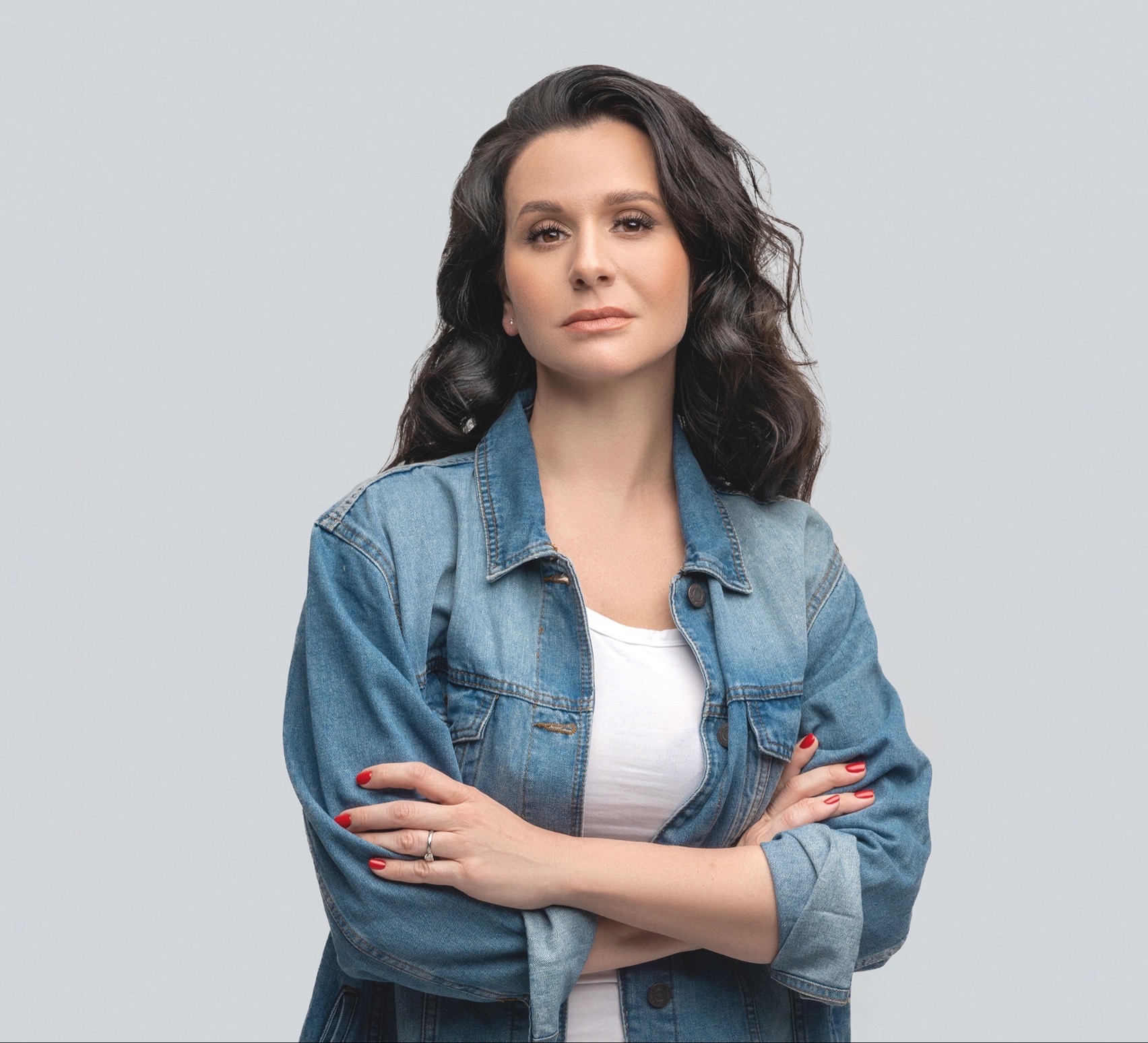










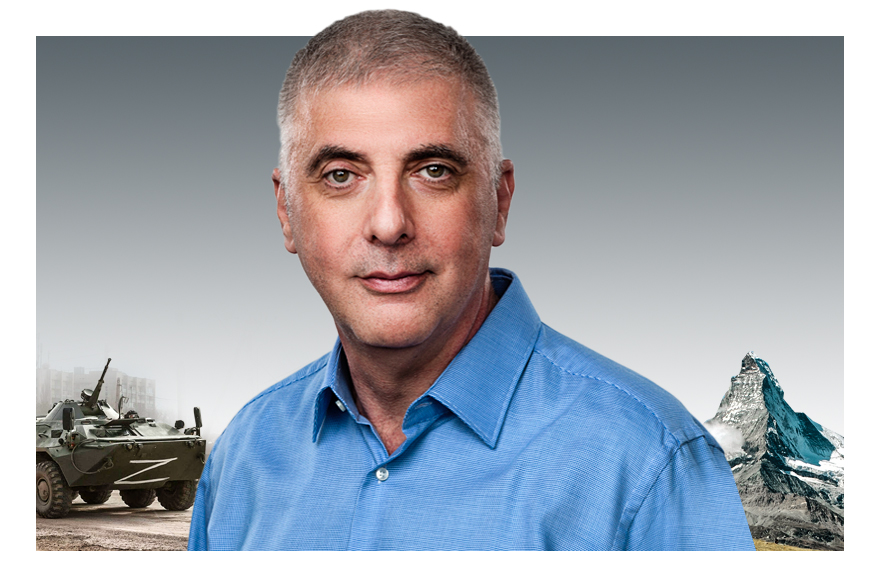
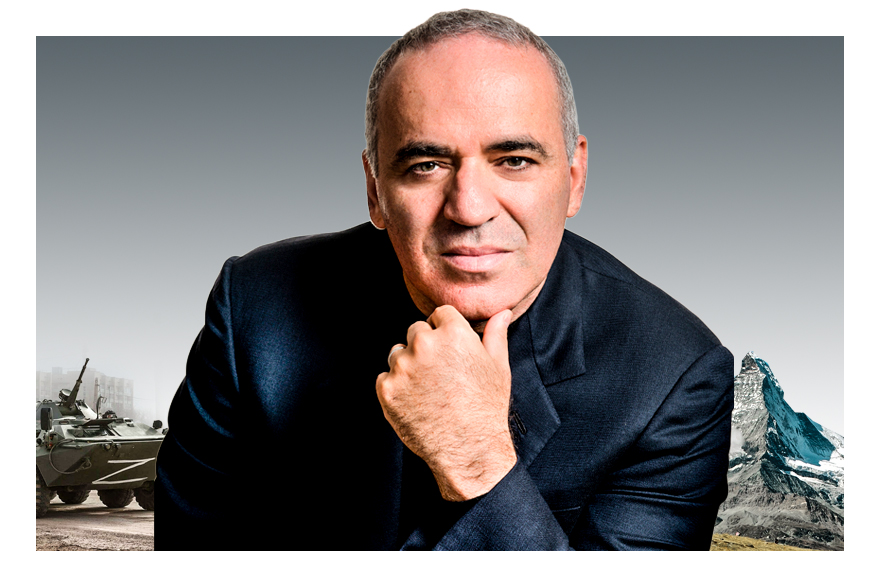
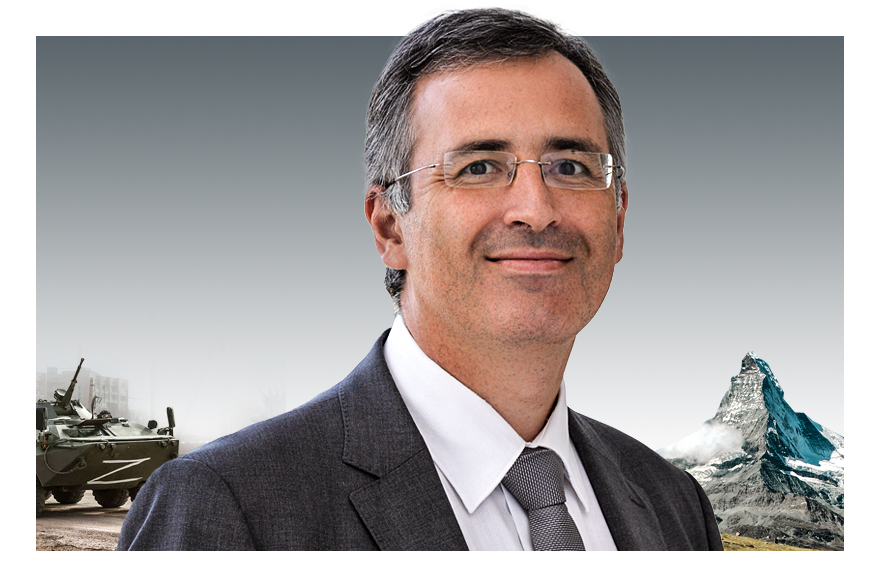
You can find an overview of ongoing debates with our journalists here . Please join us!
If you want to start a conversation about a topic raised in this article or want to report factual errors, email us at english@swissinfo.ch.